Herbs to Reduce Asthma Symptoms
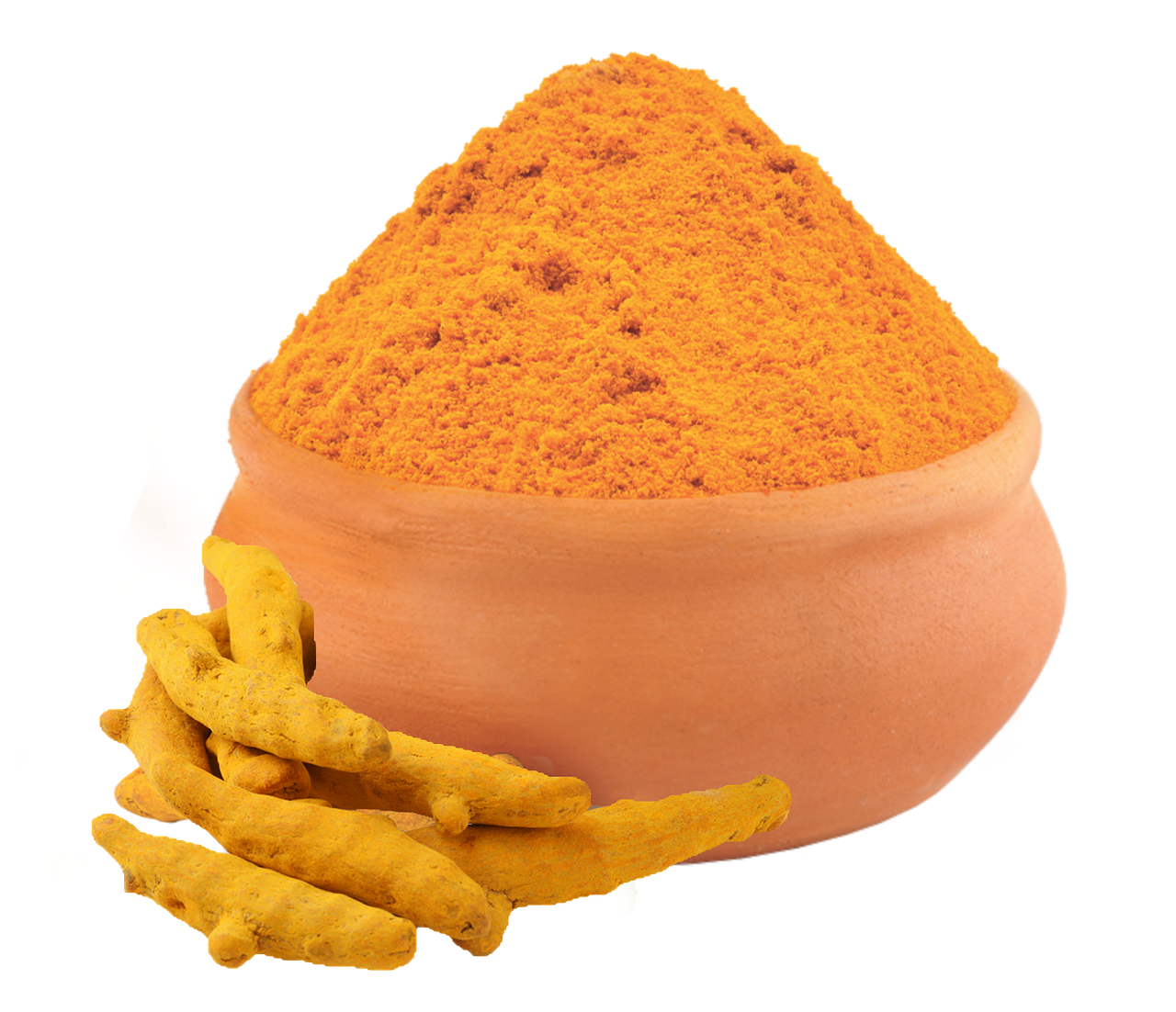
Asthma causes symptoms of wheezing, coughing, chest tightness, and shortness of breath. Due to the fact that asthma is incurable, treatment will be needed throughout life. Modern treatment includes long-term control medication as well as rescue treatments such as inhalers. However, for thousands of years herbs have been used in Chinese medicine, Ayurvedic medicine and by the Native Americans to reduce inflammation, open the airways, decrease congestion and relieve the symptoms of asthma. Since stress can be a trigger for an asthma attack, many of the herbs that treat stress will also help to treat asthma and vice versa. These herbs relax the body, which reduces airway constriction and also decreases the incidence of asthma attacks.
In addition to the herbs listed below lemon balm, lavender, chamomile, passionflower, oats, ginseng, gotu kola, angelica, cocoa, coffee, ginger, licorice root, parsley, elderberry, and eucalyptus have had beneficial effects on the respiratory system for treating asthma.
Anise
Anise can treat asthma by opening up the airways and relieving coughing and wheezing. Anise is an expectorant, which helps to loosen phlegm and secretions from inside the respiratory tract. It clears out congestion, which can cause airway blockages and tightness.
Elecampane
Elecampane can be used to treat shortness of breath, chest affections, diseases of the lungs, asthma and bronchitis. It is used to calm irritating bronchial coughs and assists in expectoration. Elecampane is best when used in combination with other herbs such as mullein, white horehound, coltsfoot, pleurisy root, lungwort and yarrow. Elecampane can be used in a decoction or infusion, where 1 teaspoon is added to hot water and drank 3 times a day.
Grindelia
Grindelia is an expectorant, antispasmodic, and anti-inflammatory which treats bronchial problems, respiratory impediments from phlegm and asthma. It has a relaxing effect on the muscle lining of the smaller bronchial passages. This helps to clear mucus congestion. Grindelia slows the heart rate and desensitizes the bronchial nerve endings, which makes breathing easier. The dried leaves and flowering tops are used in herbal infusions and tinctures. Steep in hot water for 10-15 minutes and drink 3 times a day. Some experience side effects such as renal irritation.
Hyssop
Hyssop is considered to be a sacred cleansing herb. It has expectorant, antispasmodic, antibacterial and antiseptic properties. Hyssop is helpful to sedate coughing caused by asthma. Hyssop has been prescribed for lung disorders, pleurisy, asthma, phlegm, bronchitis, and respiratory infections. Hyssop is calming and helps to expel phlegm from the lungs. Hyssop should only be used for a short period of time due to possible toxicity. The leaves and flowers are distilled for their essential oils. Hyssop blends well with other herbs such as sandalwood, lavender, ylang ylang, rosemary, clary sage, cypress, geranium, and lemon.
Wild Cherry Bark
Wild Cherry Bark is a mild sedative with expectorant, astringent, tonic, and anti-tussive properties. It treats irritable, persistent coughs, bronchitis, pertussis, and irritated respiratory mucosa. While sedating the sensory nerves in the lungs it reduces the cough reflex, which allows increased respiration. Wild Cherry bark is not for long-term use due to the risk of toxicity and may cause drowsiness. It should be combined with other herbs to effectively treat asthma. Wild cherry bark should be made into an infusion and drank 3 times a day.
Motherwort
Motherwort is an antispasmodic, mild sedative and mild relaxing agent. It improves blood flow by relaxing the blood vessels and calms the nerve. Motherwort relieves asthma, bronchitis, and lung problems by decreasing lung spasms. It is normally mixed with mullein in an infusion. It is recommended to drink 3 times a day.
Mullein
Mullein is a respiratory tonic, antispasmodic, antibiotic, and expectorant. It can be used to eliminate coughing, wheezing and shortness of breath caused by asthma. Mullein soothes the mucous membranes, reduces inflammation and spasms within the bronchial airways. Mullein can treat emphysema, colds, flu, bronchitis, whooping cough and asthma. It encourages mucus production, which allows for proper expectoration. Mullein used in tea works quicker and more effectively to relieve asthma attack.
Gingko Biloba
Gingko Biloba acts as a bronchodilator and reduces inflammation within the lungs. It dilates and tones the blood vessels, which reduces damage and improves blood supply. Some studies suggest gingko can reduce the frequency of asthma attacks. Gingko Biloba is also an antioxidant. Gingko can be found in supplement form as a pill or liquid.
Turmeric
Turmeric is an antiseptic, astringent, stimulant, alterative, antibacterial and carminative. It has been used in both Chinese and Ayurvedic medicine to treat inflammation. Turmeric has bronchodilating effects as an anti-inflammatory and antioxidant. Turmeric can be made into tea, steeped in hot water or hot milk, or even added to food.
The Author:
Graduated with a BA in exercise science and have worked in the medical field since. My focus is alternative medicine however all aspects of health interest me.
Photo. Deepak Singh


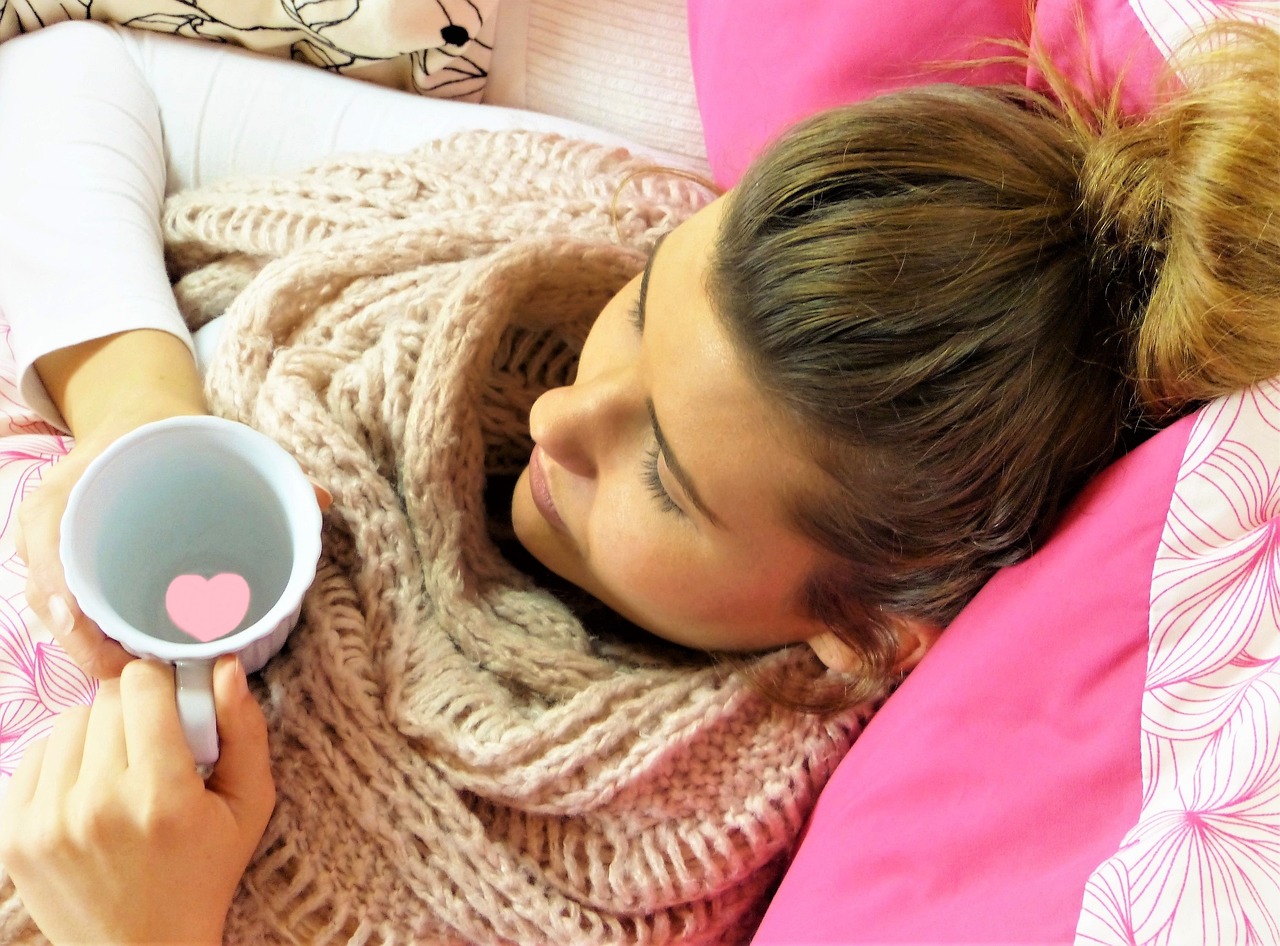
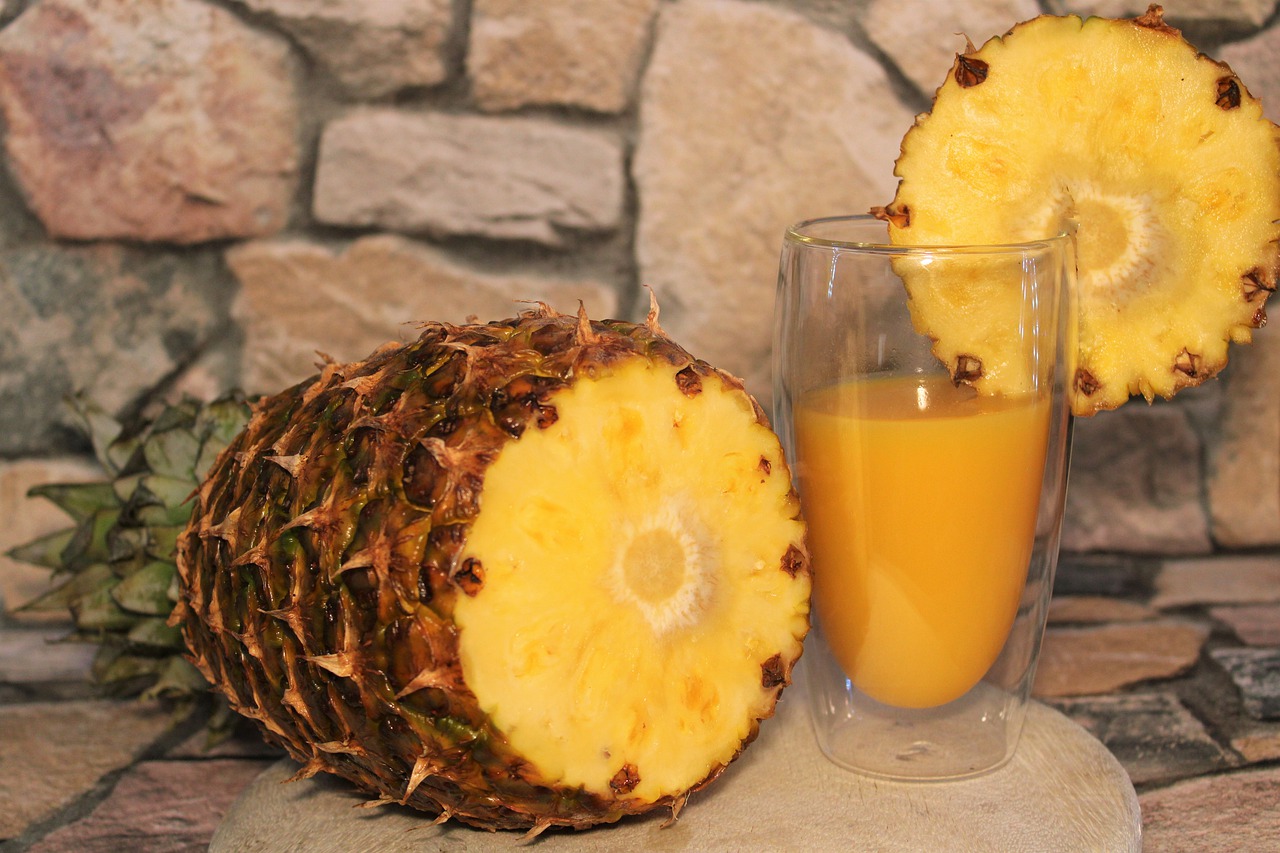

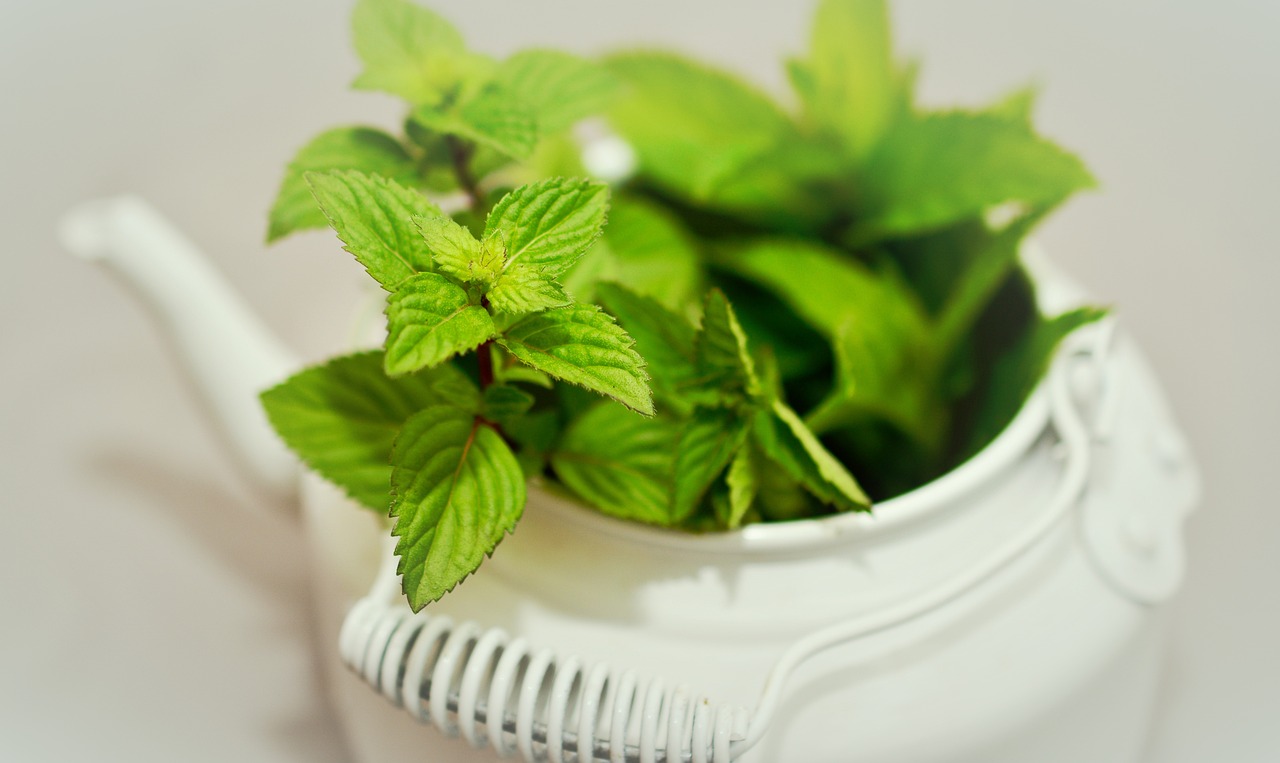
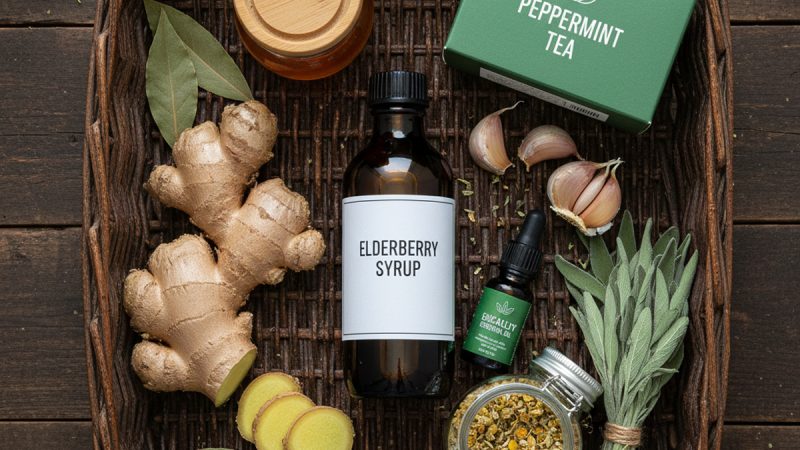
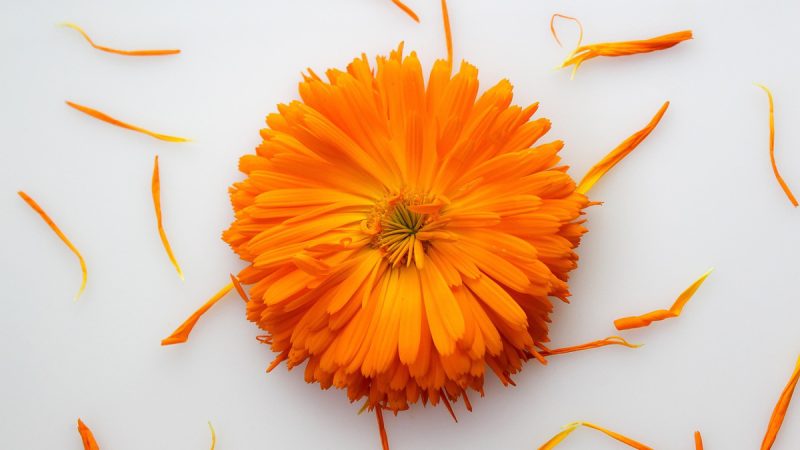
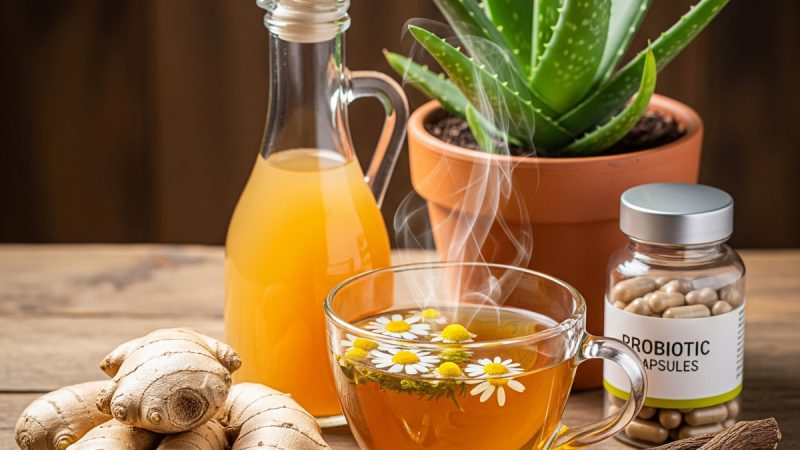
Believe it or not, I’ve actually heard that CBD, one of marijuana’s primary cannabinoids can help reduce asthma symptoms. Of course, not immediately, it wouldn’t be used as a replacement to an inhaler, but it could possibly be taken daily to get the medicinal benefits long-term.